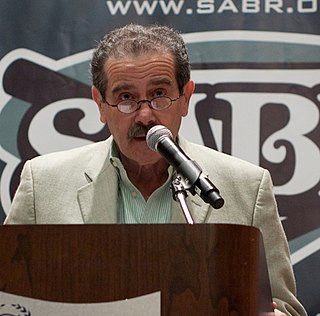Top 45 Quotes & Sayings by John Thorn
Explore popular quotes and sayings by an American historian John Thorn.
Last updated on April 14, 2025.
It says, I think, that at root that we're children, or we'd like to be. And the best of us each keep as much of that childhood with us as we grow into adulthood, as we can muster... And even after we're past the point of being able to play the game with any skill, if we love it, then it's like Peter Pan - we remain boys forever, we don't die.
























